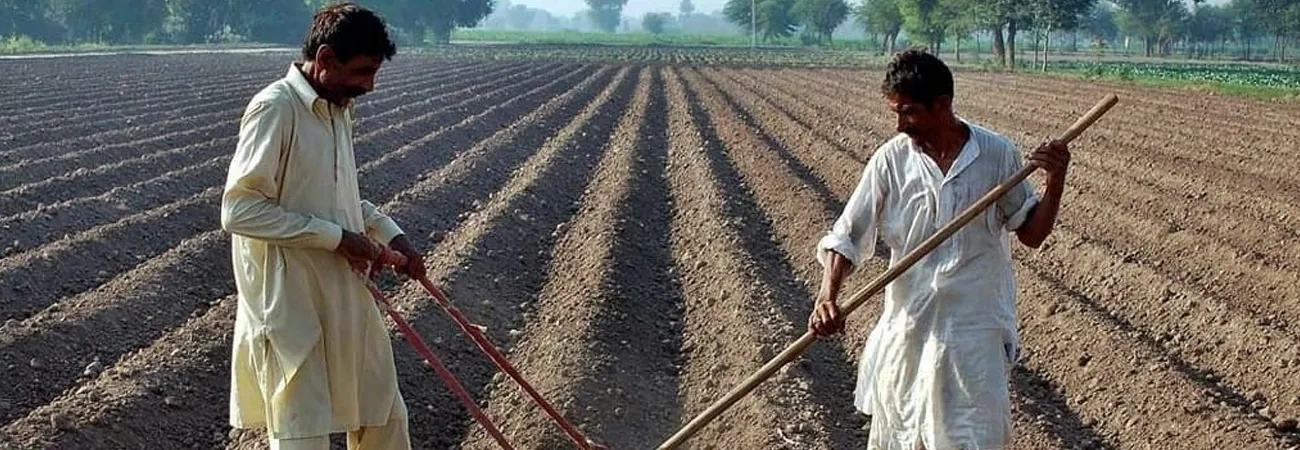i ECONOMY
The Sindh government has decided to start work on the corporate farming project for which the former caretaker cabinet had allotted more than 50,000 acres on December 1 last year, reports WealthPK. Sindh Chief Minister Syed Murad Ali Shah underscored the need to improve crop yield with the help of latest technology and directed the agriculture department to strengthen the capacity of its various wings, including research centers. “Corporate farming can be described as an agribusiness with the use of modern methodologies. This business is done by multinational corporations (MNCs) with the aim to increase food production to overcome food scarcity,” Murtaza Shah, Director of Sindh Agriculture Department, told WealthPK. Highlighting the aim of the project, he said it would get more production and revenues with the best use of technology and management skills and increase farm productivity and export in the agriculture business as well as improve the quality of farm production with less use of resources, and maintain international standard of production for all major crops at very moderate per unit cost.
The agriculture sector in Sindh has not performed to its potential. Moreover, growth has mainly driven by higher use of resources and inputs, rather than higher productivity. Low agriculture and livestock yields are also a principal cause of low incomes and high food prices, which make it difficult for the majority of Sindh’s population to afford a nutritious diet. “Sindh has a number of resource advantages, including good soils for agriculture and grazing, available surface and underground water sources, 350kms of coastline suitable for fishing and aquaculture, a climate that allows production of a wide range of crops and their early harvest, and a hard-working labour force,” Imtiaz Chandio, Member of Sindh Agri Task Force told WealthPK.
However, these resources are under threat due to the over-application of water in some areas, overuse of groundwater, and focus on wheat and cotton rice rotation, with high use of fertilizers and pesticides, he added. In the case of livestock, much of the dairy industry is located in urban and semi-urban areas where overcrowding of animals and poor effluent disposal are resulting in increased risk of disease outbreak and groundwater contamination. In a number of coastal areas, the resources are now overfished. Another threat is climate change with a likely increase in temperatures, increased risk of floods and droughts, and higher frequency and intensity of rainfall and winds. The health of Sindh’s population is under threat due to the poor nutrition, he added.
Credit: Independent News Pakistan









